By: Serafina Trevino, Analyst, Insights & Analytics, R&CPMK
As a former soccer player, I could tell you all about how Mia Hamm, Aly Wagner, or Alex Morgan have influenced the game of soccer. More importantly, I will tell you about how access to these women’s stories, and other female athletes alike, has played an instrumental role in the advancement of women’s sports.
Now is the time for women’s sports to take center stage. Women’s sports are truly entertainment. They have captured society and culture in this moment, and they have the attention of people around the world. As such, women’s sports should be celebrated by brands, consumers, and media platforms.
The rise in popularity of women’s sports is not limited to women’s soccer nor to the U.S. – globally, 66% of people are interested in at least one women’s sport, and the level of interest rises to 84% among general sports fans. Of these sports fans, interest is split nearly 50/50 among men and women. Women’s sports have grown in popularity, and the market will only continue to boom, with increased access.
It’s recognizable that there are more opportunities to watch women’s sports on TV or streaming platforms today than ever before. In the U.S., sports fans watch more female sports today than they did five years ago, largely because women’s sports are being broadcast more regularly. In addition to increased access, fans also identified the growing competitiveness of women’s sports, learning more about a specific female athlete, and increased press around women’s sports as drivers behind their growing interest. Overall, the increased visibility has led to more audience attention and engagement.
The increased access has also delivered more viewership. In the UK, the BBC increased its number of international women’s soccer games shown (23 games for the 2019 FIFA Women’s World Cup compared to just eight games for the Women’s Euros 2017), and viewership of matches rose by 486% over this two-year period. If you include streaming viewership to the mix, the most recent FIFA Women’s World Cup saw 25.7 million streams across BBC iPlayer, the BBC Sport website and app, which was up 75% compared to the previous Women’s World Cup. This phenomenon was seen within the U.S. and across the NWSL as well.
When the 2022 NWSL Championship game aired during primetime on CBS, it not only marked the first time a women’s championship in any sport would be shown on a major network in primetime, but also drove a 453% increase in championship game viewership season-over-season. Notably, this growth is not limited to women’s soccer.
In the U.S., the 2023 NCAA Division I Women’s Basketball Championship Game saw a larger-than-expected audience tune in to ESPN. The matchup between LSU and Iowa averaged 9.9 million viewers, attracting more viewers than most regular season games for professional men’s sports. The game became the most-watched women’s college basketball game ever, as well as the most-watched college event ever (men’s or women’s sports) on ESPN+.
The 2023 FIFA Women’s World Cup also exceeded expectations across the board. FIFA’s original ticket sales target for the tournament was 1.3 million and was eventually increased to 1.5 million as interest boomed. Ultimately, nearly 2 million fans attended the 64 games of the tournament, with one stadium selling out all five games it hosted. FIFA executives praised the record-breaking numbers of the tournament, highlighting it’s unstoppable momentum, and even calling it the “best and greatest and biggest FIFA Women’s World Cup ever,” according to FIFA President, Gianni Infantino.
The cultural shift around women’s sports extends beyond ticket sales and viewership records, as it’s been a major conversation across social media as well. A quarter of sports fans watch women’s sports because they are being talked about more on social media, according to a recent study. Women’s sports fans are eager to know their favorite athletes on a more personal level, including 75% of them hoping to learn about athletes beyond the sport they play.
Engagement around women’s sports stars is also a major selling point. LSU star Angel Reese has a 10% engagement rate on Instagram, where she not only shares images of her playing basketball, but also content to display her personality. Sedona Prince, who helped change the NCAA rules with a viral TikTok, has a 9.5% engagement rate on the platform. And this trend goes beyond athletes alone. Despite not playing a game since October, the WNBA’s Instagram, TikTok, YouTube, Twitter, and Facebook accounts all have a higher engagement rate than the those of the NBA, whose season is currently in full swing.
“BUT MEN’S FRANCHISES ARE WORTH MORE!” Valid, but it’s also true that those leagues have more promotion and exposure. For the average NBA game, SportsCenter shows 192% more coverage than the average WNBA game. In doing so, young athletes miss the chance to learn moves from a star player, brands miss the chance to reach a target audience, and leagues miss out on sponsorship opportunities.
In addition to receiving significantly less media coverage, women’s sports leagues also receive less than 1% of sponsorship investments. As we know, women’s sports are only seeing a growing audience, highlighting the opportunity for brands who participate in female sport sponsorship to receive outsized returns from an audience that is ready to reward. For example, Mastercard sponsored the “Player of the Match” trophy for the Women’s Rugby World Cup, resulting in a 50% increase in favorability, 78% increasing in perception as an innovative brand, and 3x awareness of Mastercard’s commitment to accelerating women’s sports.
NYX is a brand that is capitalizing on the moment that female sports is having, as they became the New York Liberty’s first-ever makeup partner and one of the first makeup brands to partner with a WNBA team. Part of the partnership includes branding on the team’s pregame warmup gear, special product giveaways, and other opportunities to advance women in sports. A pioneering partnership like this, rooted in an ethos that emphasizes advocating for women’s sports, highlights the increased opportunities to be involved, and introduces NYX as a loyal supporter of women’s sports.
Participating in sports during childhood helps hone many great traits for young women, and they aren’t applicable just on the hardwood or the field. Time management is a critical skill in any environment, being coachable is crucial to nearly all relationships, and teamwork is useful in every aspect of life. I wouldn’t have participated in sports, and be who I am today, without female athletes and role models like Hamm and Morgan to look up to. Being able to watch phenomenal women win championships and learn about who they are off the pitch inspired me tremendously, and I am so grateful for what they have done for me and young women across the globe. Increased access, promotion, exposure, and attention on women’s sports will only further benefit young people around the world to be just as inspired as I was by these tremendous athletes and their achievements.
Serafina Trevino is an Analyst of Insights & Analytics with R&CPMK.


